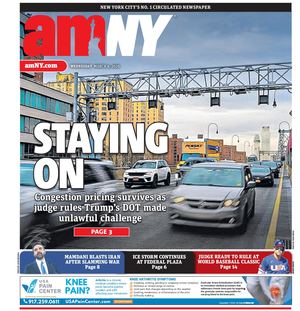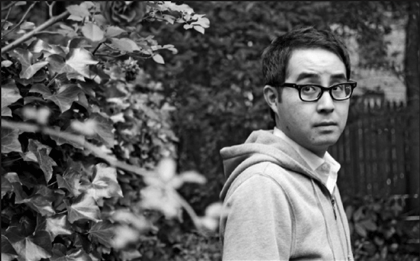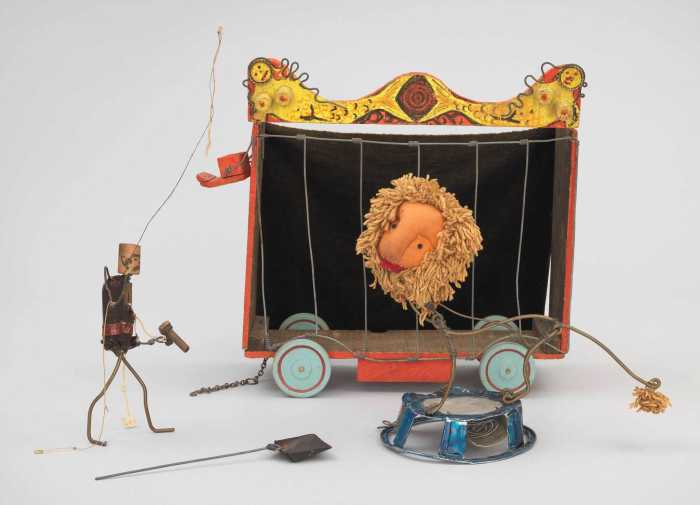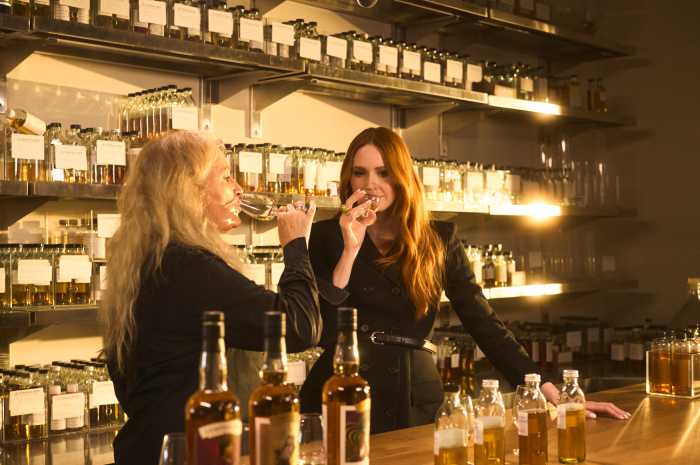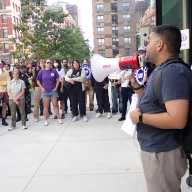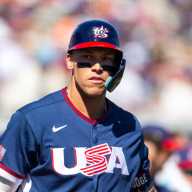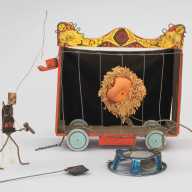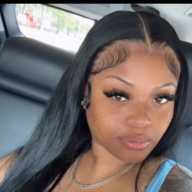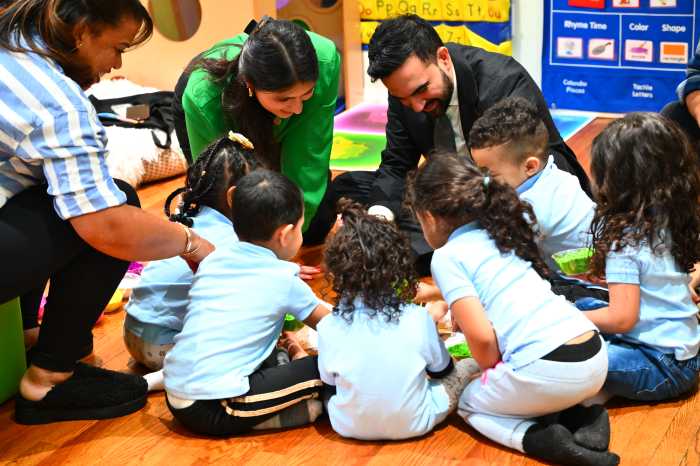By Rachel Fershleiser
Subtle, literate, and superhero-free, Adrian Tomine is a cartoonist for the rest of us. His quietly moving tales of friendship and flailing relationships read like indie films or award-winning short stories. His dialogue is spare but honest, his characters are flawed but relatable, and his drawings capture a world of feeling in a simple line. He counts among his fans, not only more women and comic book newbies than most of his colleagues, but book world heavy hitters like Jonathan Lethem and Junot Diaz.
“Shortcomings,” which came out last week, is actually his first graphic novel—his other books have been collections of individual pieces. His first big work since moving to New York from California, it focuses on cynical slacker Ben Tanaka as he tries to navigate his relationship with girlfriend Miko, his attraction to while women, and the web of stereotypes and assumptions that complicate everything. Originally serialized in Tomine’s long-beloved comic series “Optic Nerve,” it is now a lovely coffee table-ready hardcover. The new format seems to have added metaphorical as well as physical heft. Read straight through, “Shortcomings” provides a truly thought-provoking look at the role of race in contemporary America. It’s also funny, poignant, and a pleasure to read.
Your books explore a lot of themes not traditionally associated with comics — were you into superheroes as a kid?
I don’t know many good cartoonists that didn’t love comics as a kid. I read a lot of superhero comics, but also a lot of Archie and Harvey comics.
What writers and artists to you admire, especially those from other media?
Here’s a few, just off the top of my head: Philip Roth, Ricky Gervais and Stephen Merchant, Chip Kidd, Mark Oliver Everett, Richard McGuire, Larry David, Amy Bennett, Michael Haneke.
How autobiographical is your work?
You’d have to ask me that on a story-by-story basis. I did a lot of comics in the past that were explicitly autobiographical, almost like literal transcriptions of events from my life. My new book, “Shortcomings,” is probably the most “fictional” story I’ve written, although it might not seen that way to some readers.
Was it a deliberate decision to make Ben look so much like you?
Uh, I have a beard now, so we look nothing alike! I think there might’ve been somewhat of a deliberate decision to make this story seem autobiographical, and that would certainly contribute to that.
How do you write from the point of view of characters nothing like yourself (you’re especially good with lesbians)?
Well, thanks for the compliment, but I think it’s a mistake to assume that things like a character’s gender or sexual predilection would make them “nothing like yourself.” I find it pretty easy to get inside the minds of characters who might not be exactly like me in every way. In fact, some of those differences between me and the character in question actually help to organize my thoughts, and often allow me to channel specific sides of my personality into the story.
How do you think such early success affected your career trajectory?
It offered me a lot of encouragement early on that probably helped me to stick with it and keep trying, even when there was very little financial reward. On the downside, I think there was some amount of over-hype, and I’m sure some people were disappointed with the supposedly great work I was producing at the time. Of course in retrospect, I’d prefer that every step of my learning process from the last 15 years wasn’t put out on public display, but there’s not much I can do about it.
Do you think fans have an especially intimate relationship with your characters?
I take that kind of thing as a real compliment. I remember when I first discovered the comic book “Love & Rockets,” and I honestly felt like I’d just been introduced to a whole batch of real people. I think comics, in particular, invite that kind of connection between the reader and the creator.
Why don’t you use thought bubbles?
I’ve used thought bubbles in the past, but I just imposed a “no thought bubbles” rule on myself for “Shortcomings.” I wanted to attempt to create a fairly intimate, personal story that would be communicated only through the external.
Do you come up with your stories ahead of time or just begin to draw?
I usually do varying degrees of pre-planning before I actually start drawing. “Shortcomings” was very loosely plotted out in advance, and then I wrote each chapter as I arrived at it. I know there are some cartoonists who produce amazing work by being completely spontaneous, but I’m probably not on that level yet.
Do California and New York have different influences on your work?
At least right now they do, if only because I’m relatively new to New York. When I moved, Berkeley was feeling very familiar to me…I was very aware of a certain “cast of characters” that the city was comprised of. Everywhere I went I’d see someone I either knew or at least recognized, from restaurant employees, to homeless people, to neighbors, etc. And here in New York, I feel like I’m inundated with new experiences every time I set foot outside. I’d be surprised if that didn’t affect my work in some way.
